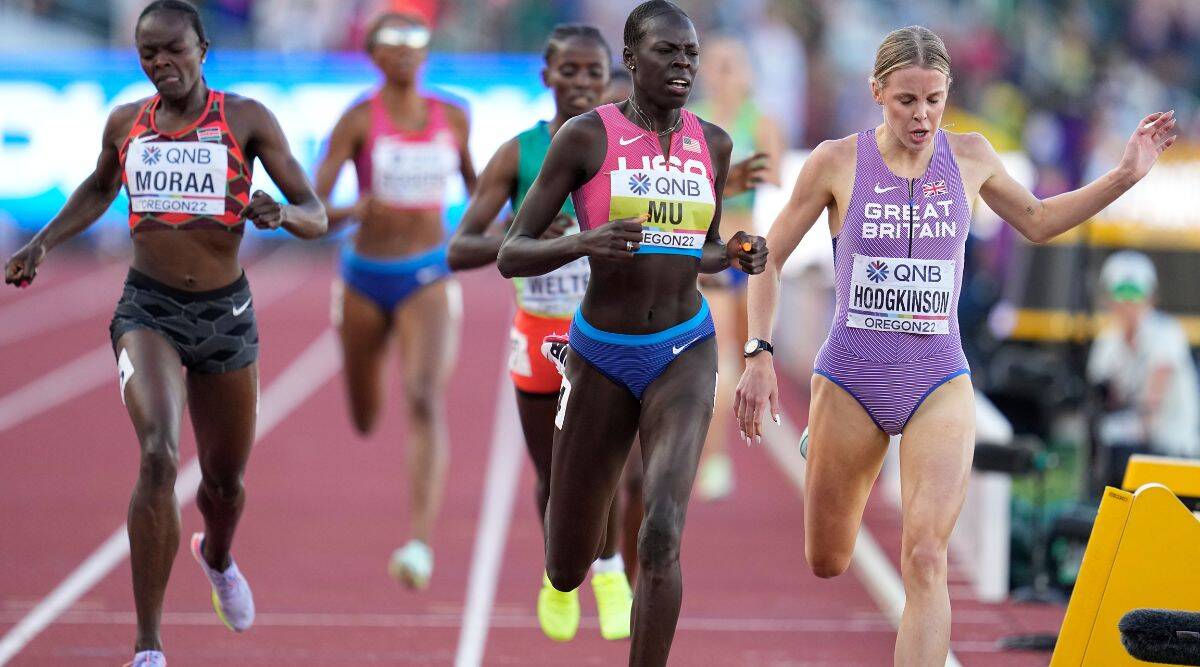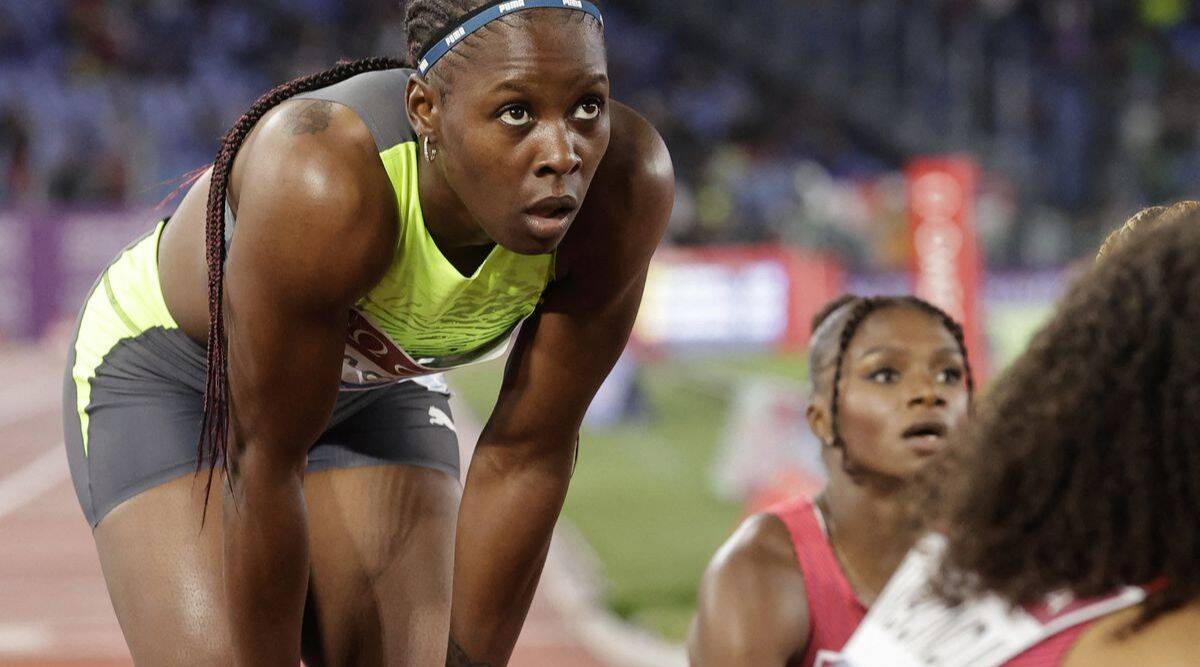
The World Athletics Council on Monday has said that theu will introduced a repechage round to all individual track events from 200m to 1500m in distance, including the hurdles events at the Paris Olympics.
“In the new repechage format, athletes who do not qualify by place in round one heats, will have a second chance to qualify for the semi-finals by participating in repechage heats,” the World Body said in a stament.
“The new rule will replace the former system of athletes advancing through fastest times in addition to the top placings in the first round heats.
The World Athletics Council approves an innovation to the regular competition format for @Paris2024, introducing a repechage round to all individual track events from 200m to 1500m in distance, including the hurdles events 👇
— World Athletics (@WorldAthletics) July 25, 2022
“These events will now have four rounds – round one, repechage round, semi-finals and the final, with schedules varying according to the specific nature of the event.
“The new format means that every athlete competing in the events with a repechage round will have at least two races at the Olympic Games.”
World Athletics President Sebastian Coe said: “After consulting with our athletes and broadcasters, we believe this is an innovation which will make progression in these events more straightforward for athletes and will build anticipation for fans and broadcasters.
The repechage rounds will give more exposure to our sport during the peak Olympic period and will be carefully scheduled to ensure that every event on our Olympic programme retains its share of the spotlight.”
The World body also approved entry standards for the 10,000m, marathon, combined events and race walk at the World Athletics Championships Budapest, which will be held 19-27 August next year.
The entry standards are projected to provide 50% of the quota in each event and were determined by statistical analysis of recent years´ performance levels. The remaining quota in each event will qualify either through world rankings, finishing position at designated competitions or by wild card.





